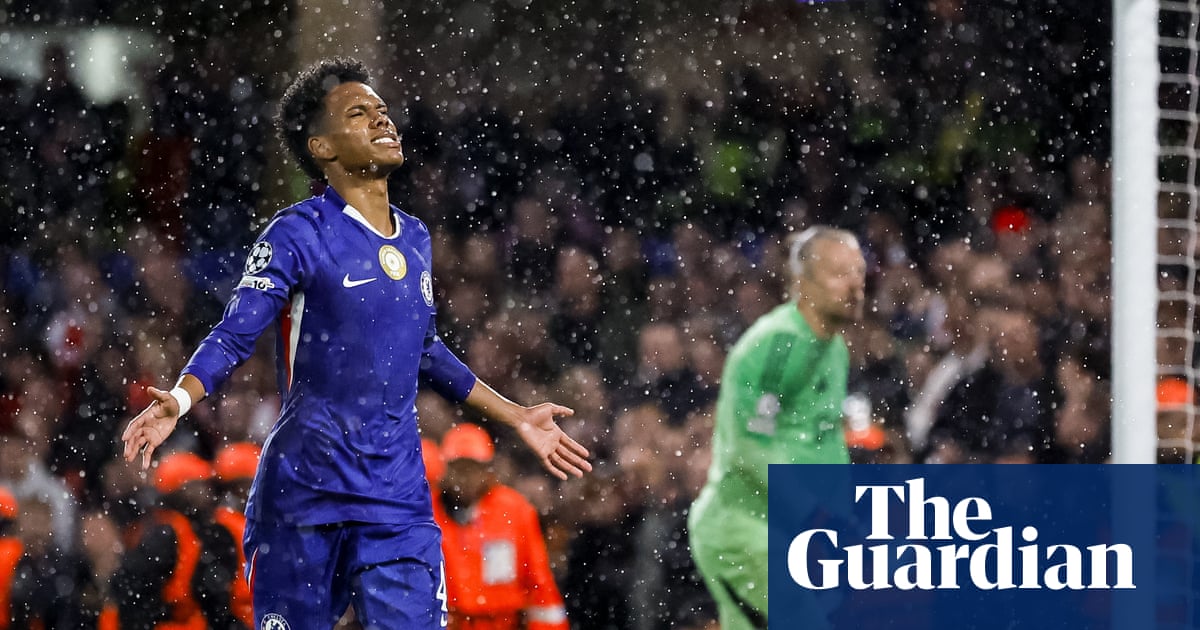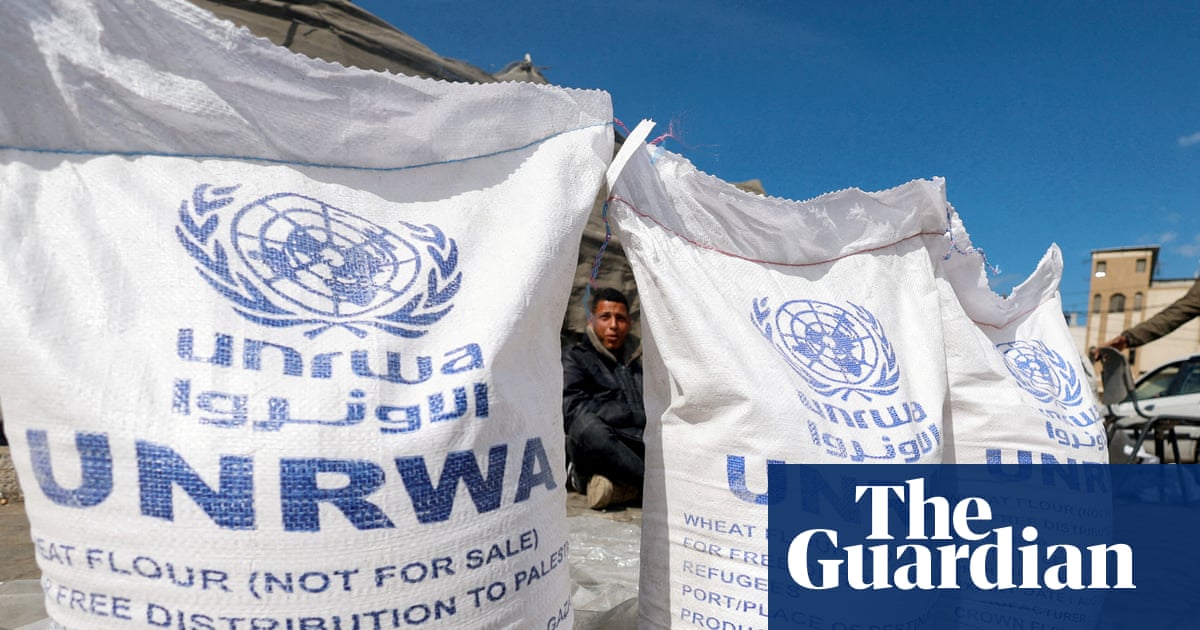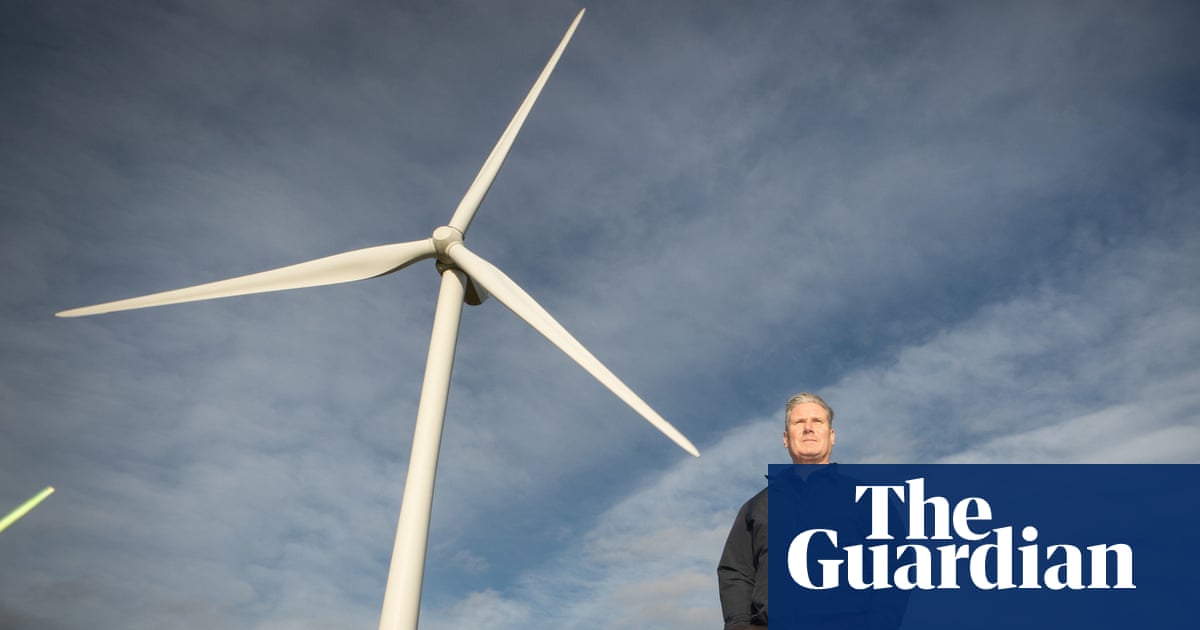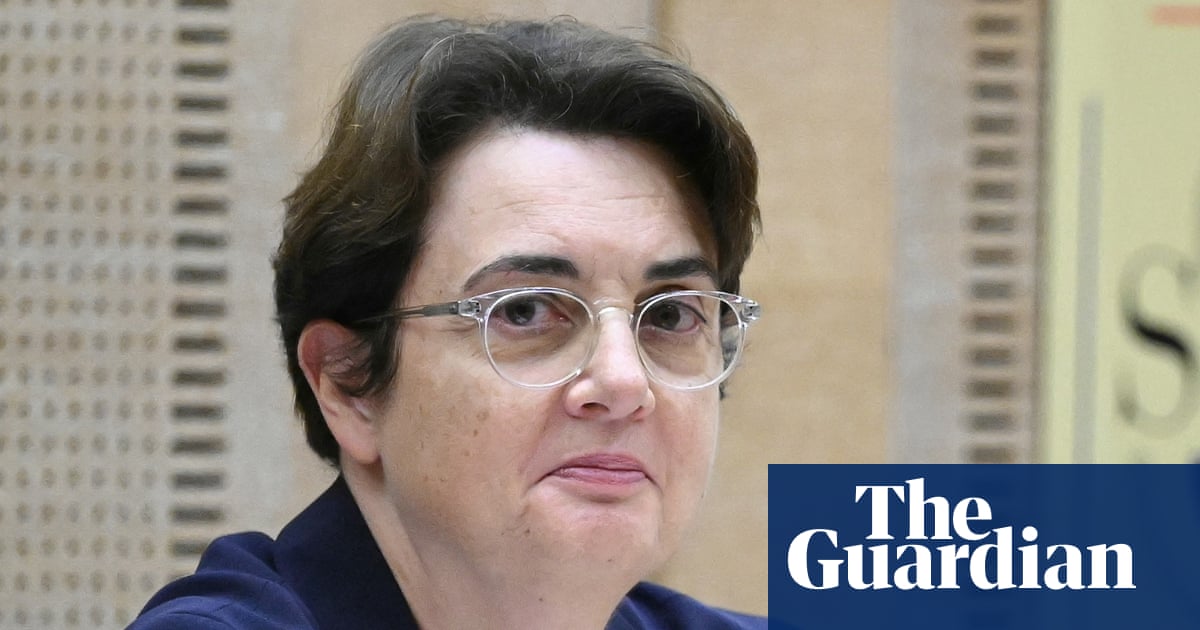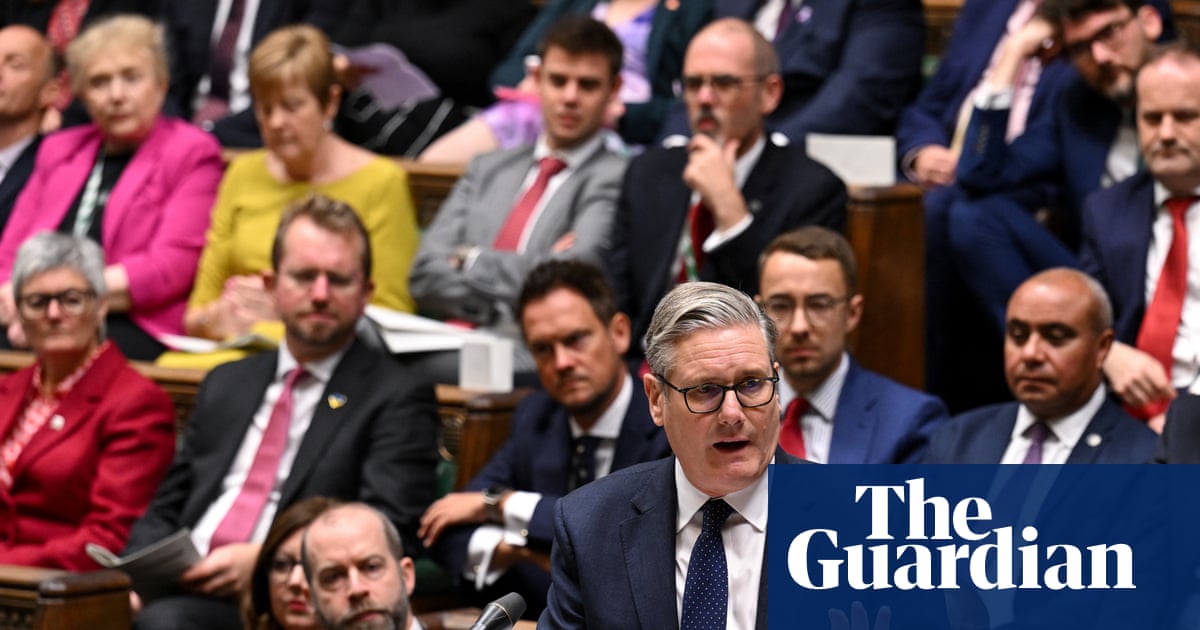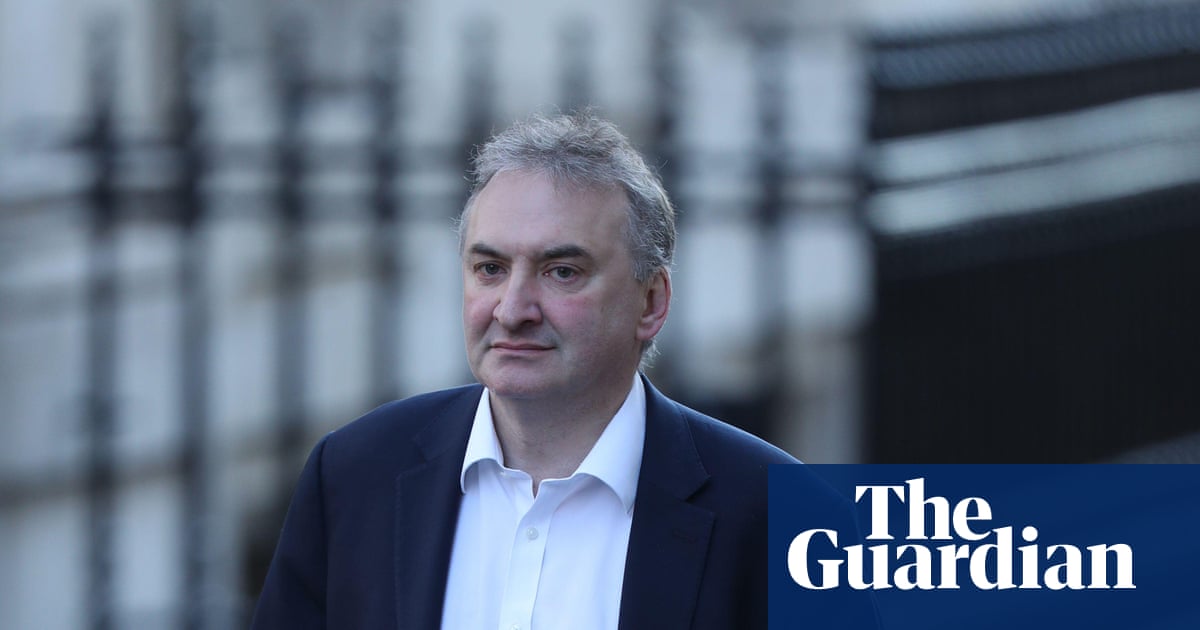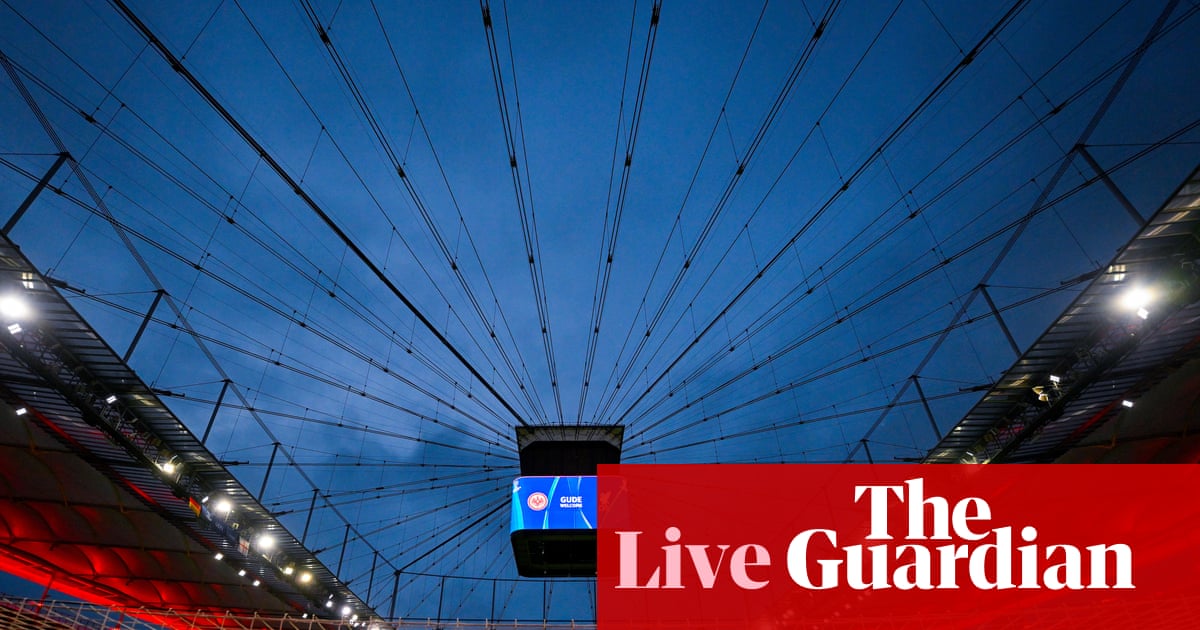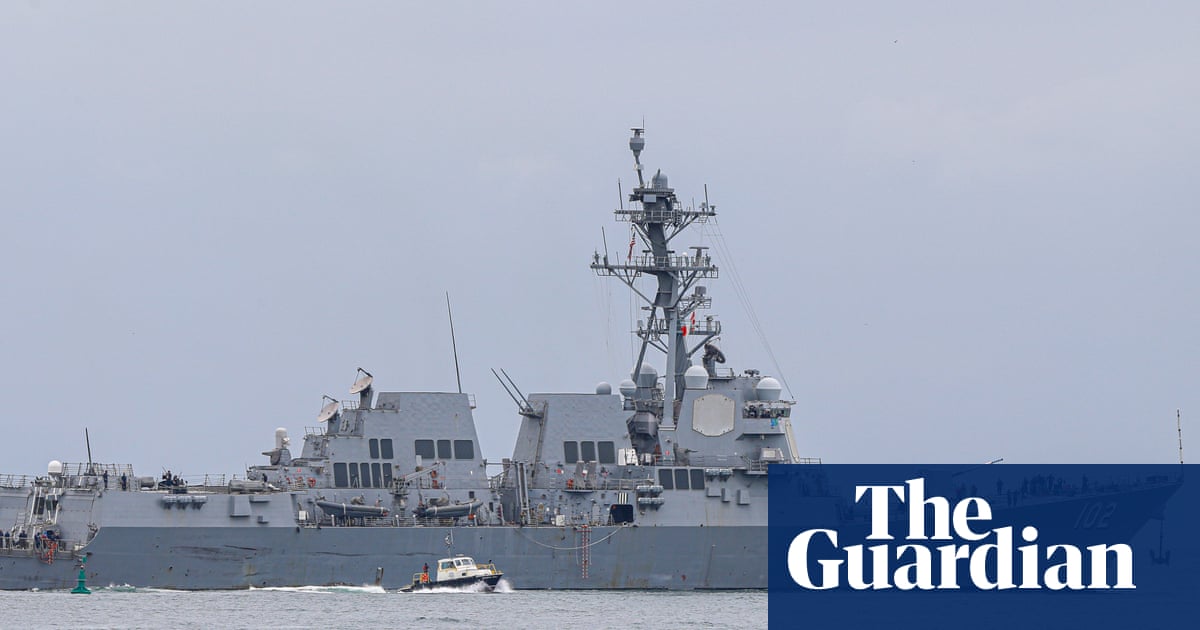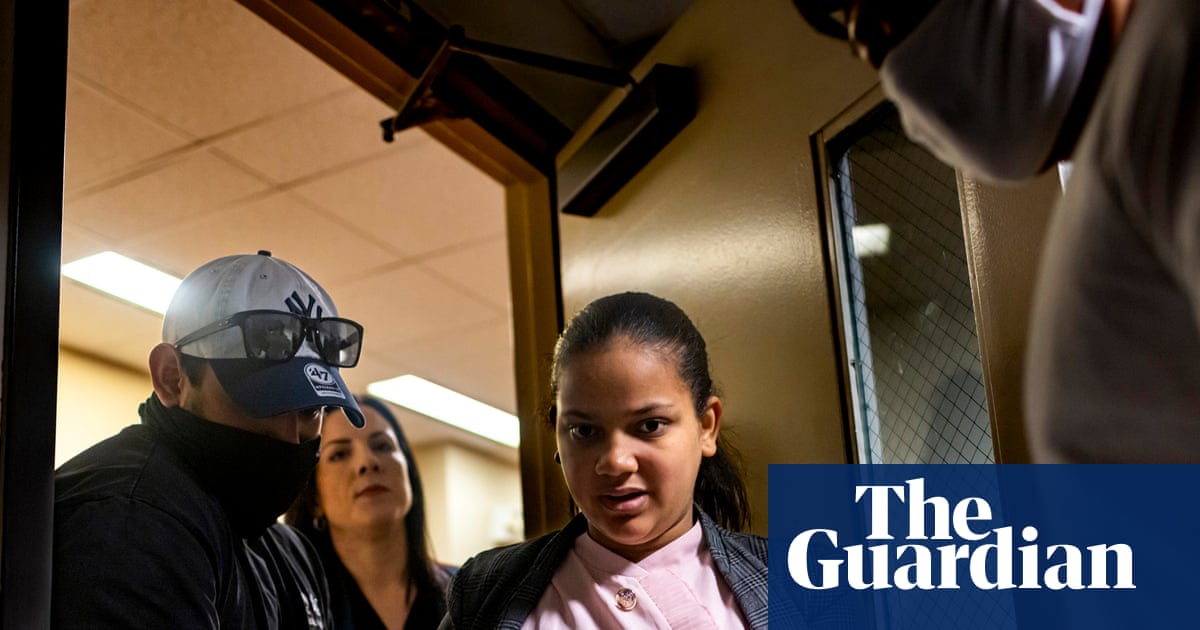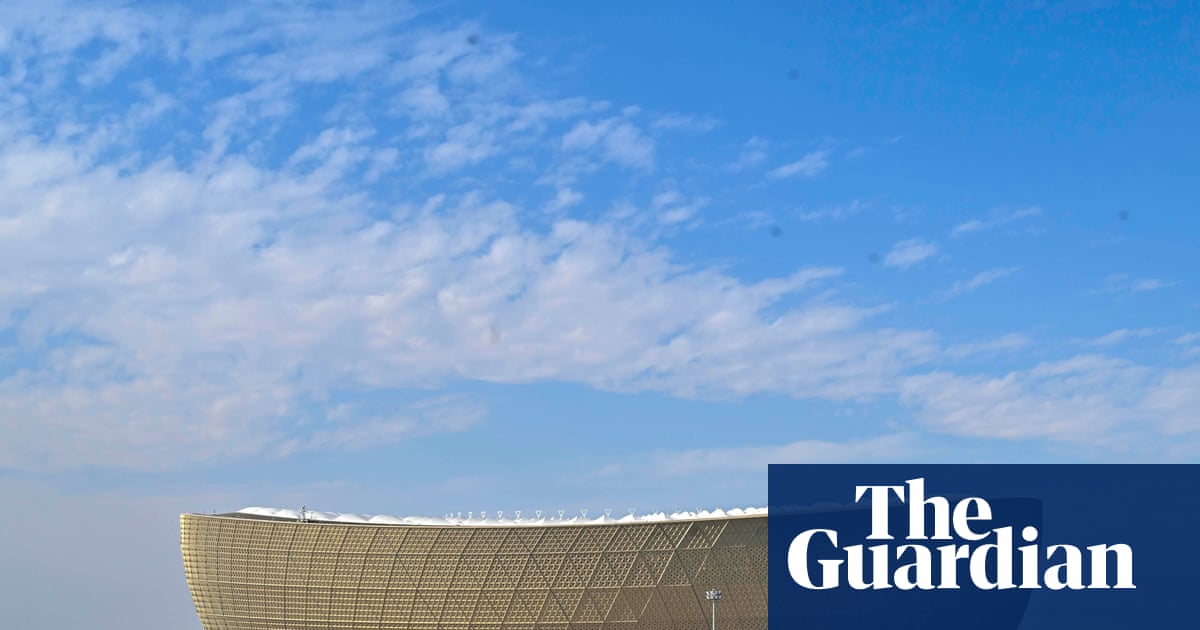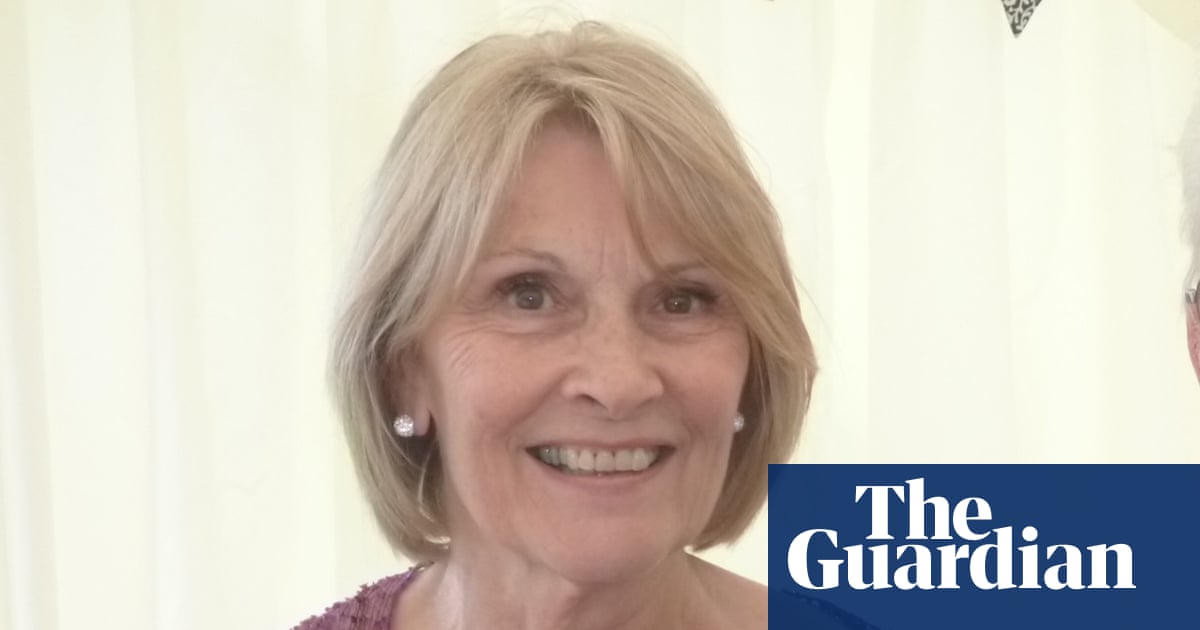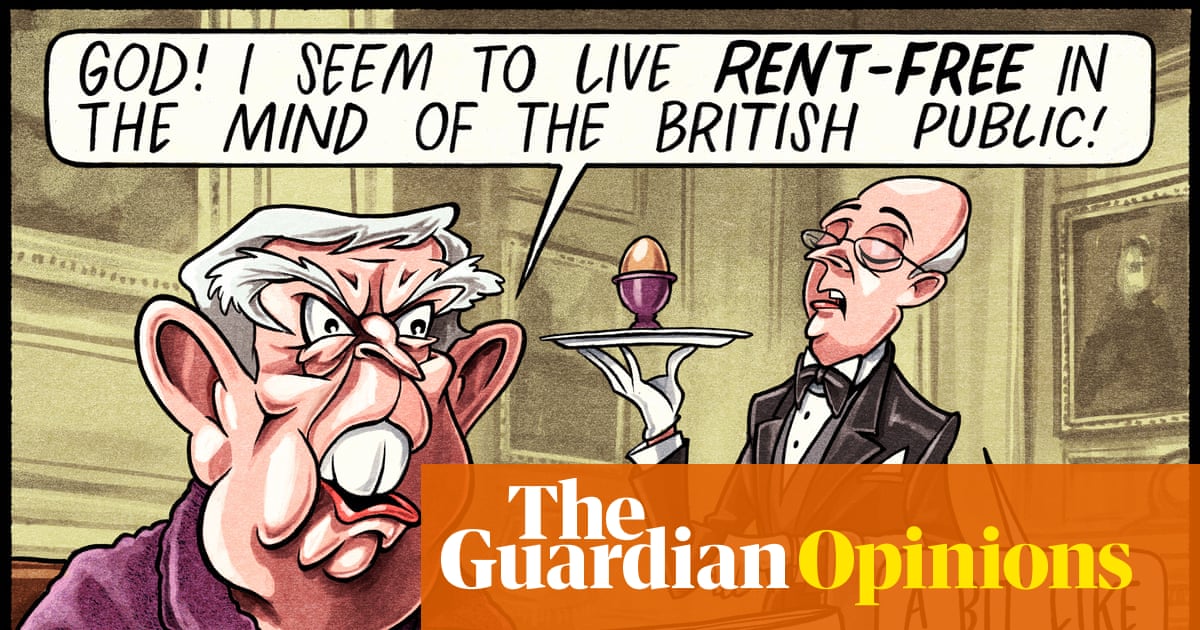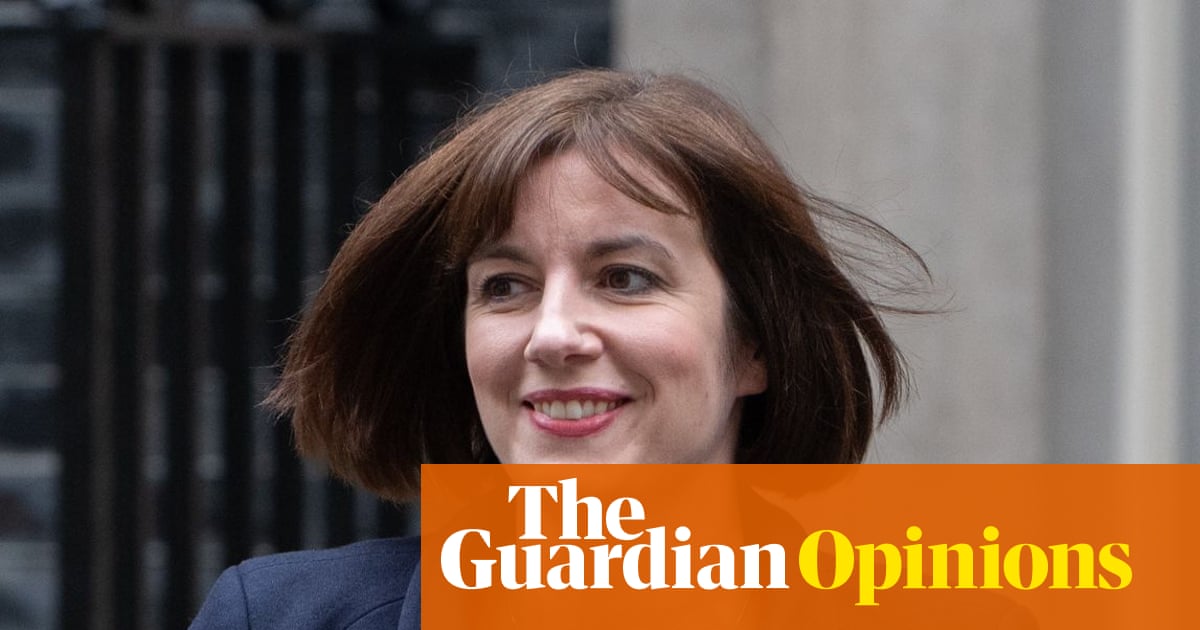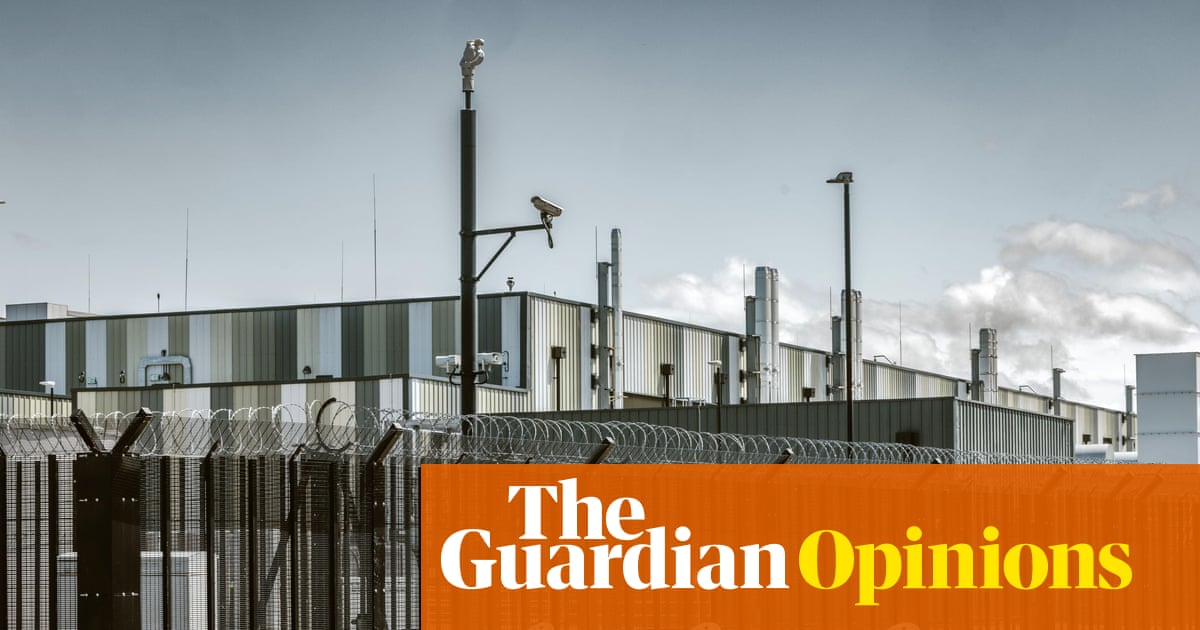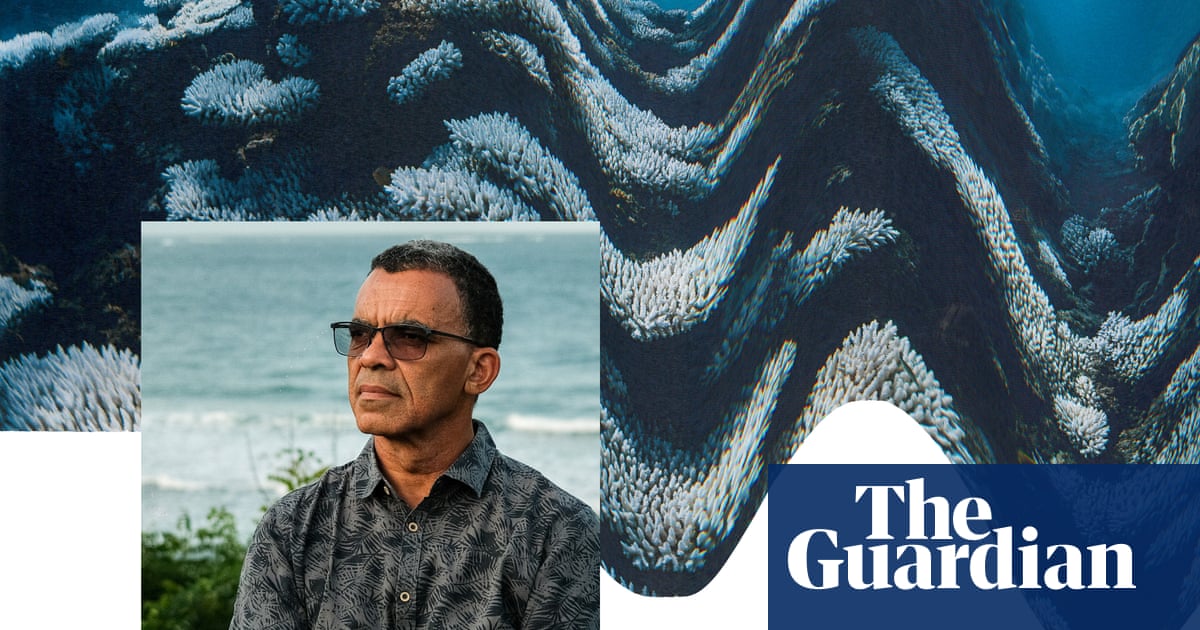Volodymyr Zelenskyy has voiced support for Donald Trump’s proposal for Ukraine and Russia to freeze the war at the current frontlines, calling it “a good compromise” even as he acknowledged Moscow has made clear it will not accept the arrangement.
“I think that was a good compromise, but I’m not sure that Putin will support it, and I said it to the president,” Zelenskyy said on a visit to Oslo, part of a tour of Scandinavia to seek additional military support.
The US president had earlier this week told reporters on Air Force One “they can negotiate something later on down the line. But I said cut and stop at the battle line”. He was speaking shortly before a planned summit with Vladimir Putin was put on hold after Russia said its goal of seeking the whole of the eastern Donbas region, including areas held by Ukraine, had not changed.
Trump’s latest remarks were seen as a modest win for Zelenskyy. The US leader has repeatedly wavered on key aspects of the war, including whether a ceasefire should come before broader peace talks, and at times appearing to consider Putin’s demands for Ukraine to give up more land.
Most recently, Trump had dashed Ukraine’s hope he would send Tomahawk missiles to Kyiv after a phone call with Putin.
Zelenskyy and his senior officials have previously acknowledged that Ukraine is unlikely to regain all of its occupied territory through military means, and have privately told Washington and European partners they would be open to freezing the frontlines. Still, Zelenskyy’s public endorsement of such a plan marks a notable shift from his earlier stance, when Kyiv vowed to reclaim all land lost to Russia.
Russia, meanwhile, has made clear its maximalist position hasn’t changed, appearing to reject Trump’s fresh proposal to freeze battle lines.
Sergei Lavrov, Russia’s longtime foreign minister, said on Tuesday: “Washington now starts to say that we must stop [the conflict] immediately, that we should no longer discuss anything, that we should stop, and let history judge.”
Moscow has consistently rejected extended ceasefire proposals, arguing they would give Ukraine time to rearm and regroup at a time when Russian forces are making battlefield advances.
“You see, simply stopping would mean forgetting the root causes of this conflict,” Lavrov said.
Those “root causes”, according to Moscow, refer to its sweeping demands that would undermine Ukraine’s sovereignty – including full control over the Donbas region, limits on Kyiv’s armed forces, and a say in its domestic affairs.
Russia reportedly reiterated its previous terms for a peace deal with Ukraine in a private communique sent to Washington over the weekend, and again during Monday’s phone call between the US secretary of state, Marco Rubio, and his Russian counterpart, Lavrov.
The Kremlin’s maximalist stance has cast doubt over the prospects of a potential Trump–Putin summit in Budapest, an idea touted by the US leader last week after he called Putin.
Trump now appears wary of repeating the experience of the Alaska summit with Putin this year, which ended abruptly after the Russian leader refused to offer concessions.
Speaking at the White House on Tuesday, Trump said: “I don’t want to have a wasted meeting. I don’t want to waste time until I see what happens.” Still, he insisted both Putin and Zelenskyy wanted the war to end.
With uncertainty hanging over any renewed peace efforts, Moscow launched its largest aerial bombardment of Ukraine in two weeks, with waves of Russian missiles and drones striking Kyiv and other cities.
Nationwide Russian attacks killed at least six people, including a six-month-old baby, a 12-year-old girl and a woman, officials said. In Kharkiv, a drone strike hit a kindergarten, killing one man and injuring seven others.
Putin on Wednesday also directed drills of the country’s strategic nuclear forces that featured practice missile launches.
The chief of the army general staff, Gen. Valery Gerasimov, reported to Putin via video link that the drills were intended to simulate “procedures for authorising the use of nuclear weapons”.
While the Kremlin insisted the exercises were “routine”, they came amid Moscow’s continued nuclear posturing. Russia earlier lowered the threshold for the use of nuclear weapons aimed at signalling the Kremlin’s readiness to respond aggressively to perceived threats.

.png) 5 hours ago
3
5 hours ago
3
